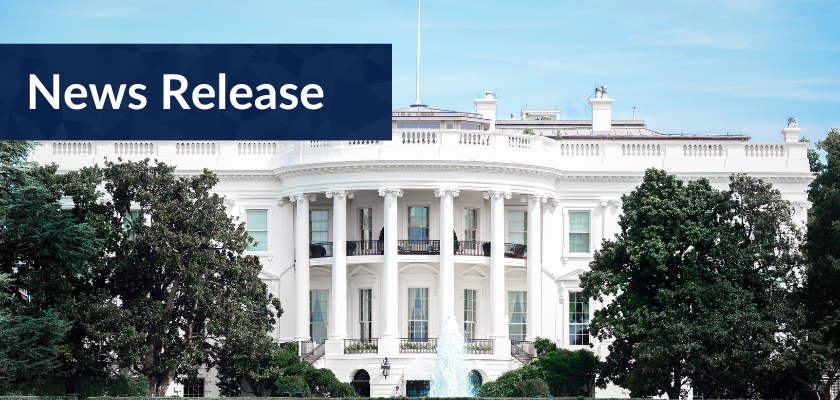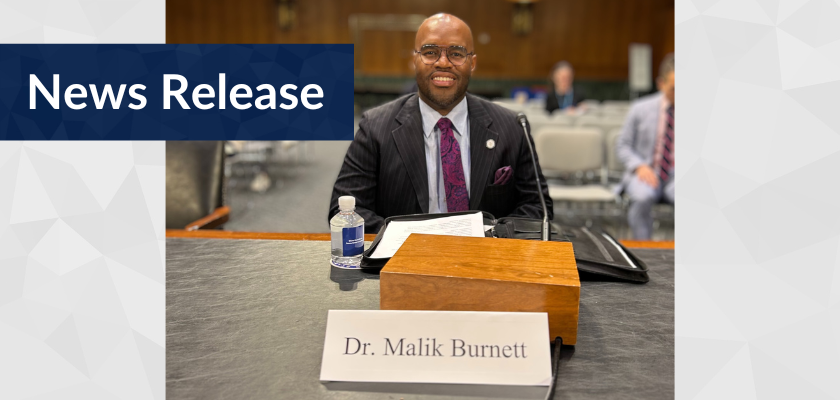News
200 New Medicare GME Slots Coming in 2026

May 8, 2024 – According to a report from The President’s Commission on Combating Drug Addiction and The Opioid Crisis in 2017, the Commission set a goal to grow the number of addiction medicine fellowship programs to 125 by 2022. At the time of that report, only 46 of the nation’s 160 (29%) accredited medical schools offered an addiction medicine fellowship program.
While considerable progress has been made towards that benchmark and the number of fellowships has more than doubled since then, today, only 104 of the nation’s 199 accredited medical schools[1](52%) offer an addiction medicine fellowship program according to the American College of Academic Addiction Medicine (ACAAM). That number is well below the 125-target set by the Commission, and possibly a moving target given the increasingly lethal illicit drug supply and staggering numbers of overdose deaths.
Luckily, the tide appears to be turning. Section 126 of the Consolidated Appropriations Act (CAA), 2021, makes available an additional 1,000 FTE resident/fellowship slots phased in at a rate of no more than 200 slots per year beginning in fiscal year 2023. CMS has already announced two rounds of awards with addiction medicine fellowship programs in Alabama, Florida, and New York receiving new FTEs. Applications for fiscal year 2025 (round 3) of these awards closed in March 2024 and CMS will announce additional awardees soon. The expectation is that CMS will announce the award of 200 additional FTEs with the remaining 400 FTEs to be divided up between fiscal years 2026 and 2027. AACAM estimates that there are 257 addiction medicine fellowship slots available for the 2024-2025 training year.
Additionally, Congress made additional FTE slots available in the CAA, 2023. Beginning in 2026, an additional 200 new training slots will come online. Importantly, at least half of these slots must be allocated to residency/fellowship programs in psychiatry or psychiatry subspecialties.
In order to qualify for the residency and fellowship slots, hospitals would be required to submit information proving that the hospital’s existing residency cap does not allow them to expand an existing program or accommodate a planned new program. Once that information is submitted, hospitals would qualify under one of four categories that CMS will use to determine how to allocate the slots. By law, CMS must award 10% of the new slots to each of the four categories.
Initially, CMS will award at least 1 FTE or a fraction of 1 FTE if there are more than 200 qualifying hospitals to each qualifying hospital. If there are any remaining slots after distributing up to 1 FTE to all qualifying applicants, CMS is proposing to use health professional shortage areas (HPSA) scores associated with the program to which the hospital is applying to prioritize the remaining slots. All qualifying hospitals are capped at 10 new FTEs. Importantly, rural hospitals may only use the new FTEs for existing residency or fellowship programs.
CMS proposes that applications for these new slots will be due March 31, 2025 and the new slots will be effective July 1, 2026.
A detailed summary of the proposal from ASAM can be found here. The full text of the proposed rule can be found here. Comments on the proposed rule are due to CMS by June 10, 2024.
[1] Includes medical schools accredited by the Liaison Committee on Medical Education and the American Osteopathic Association Commission on Osteopathic College Accreditation.



.png?sfvrsn=df8da40e_1)


